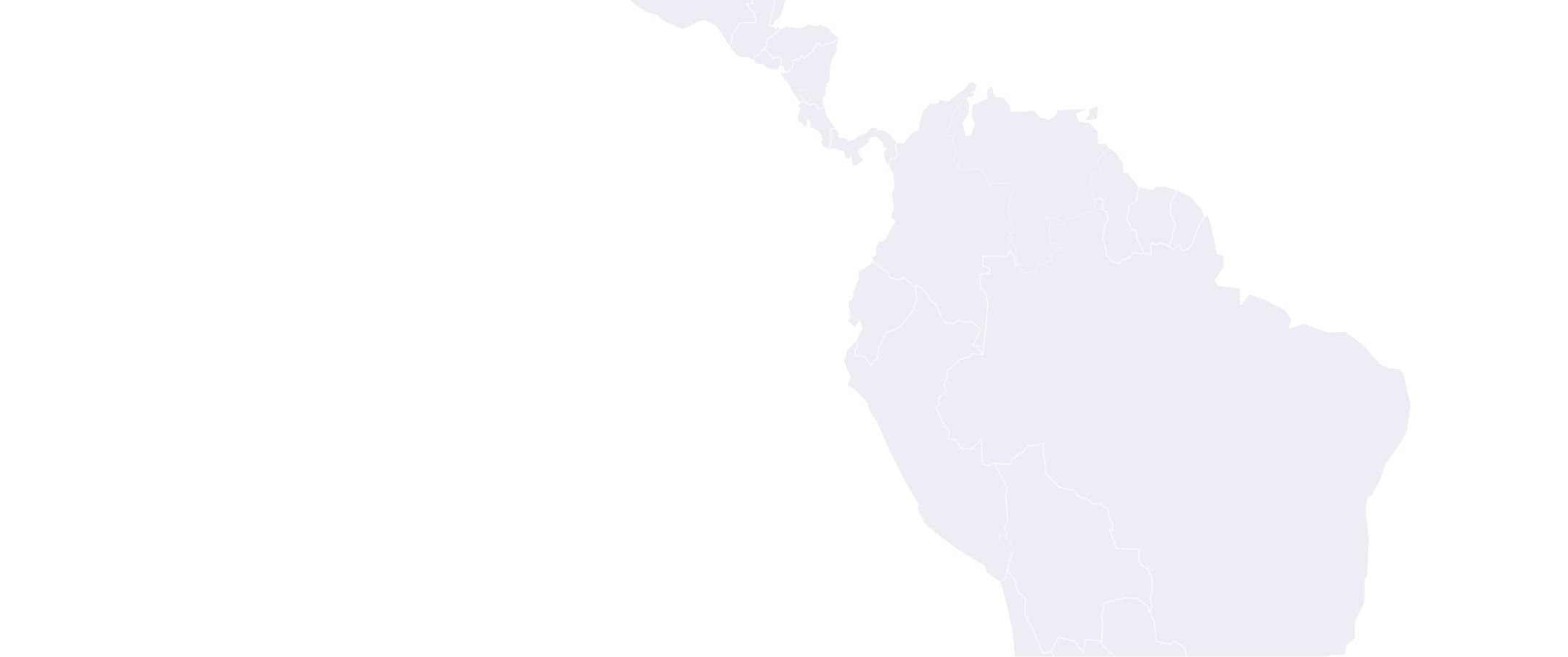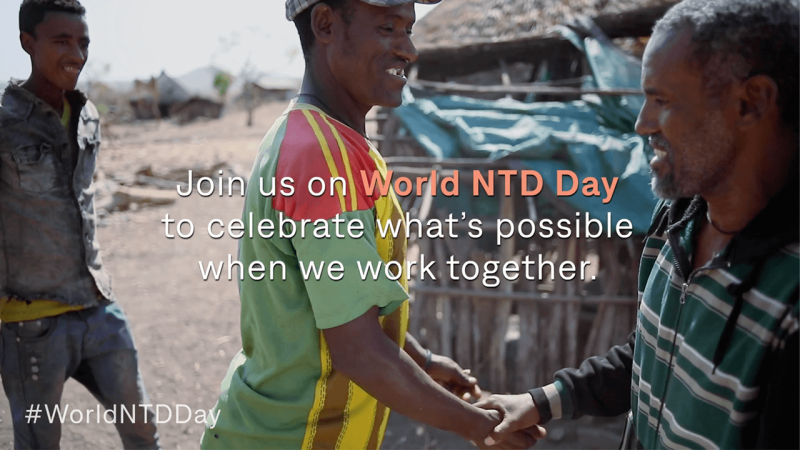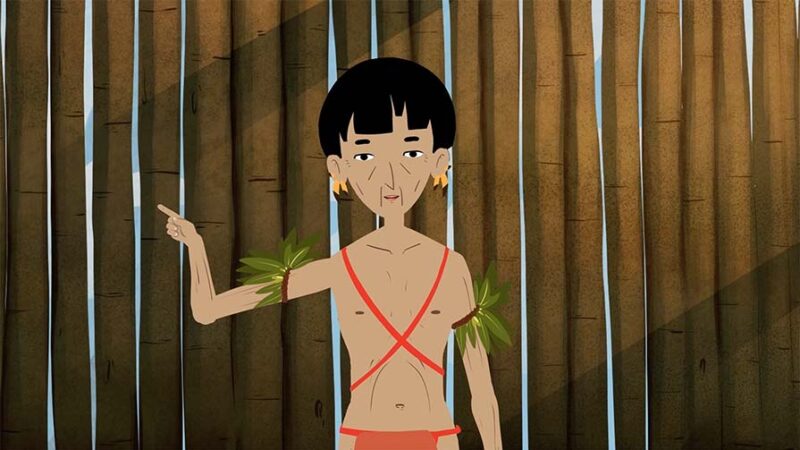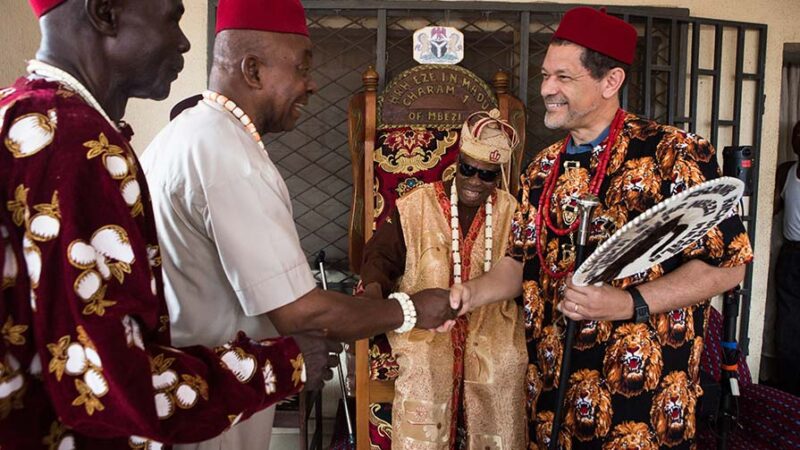Brazil
We work with Brazil’s Ministry of Health to eliminate river blindness (onchocerciasis) in the Amazon rainforest on the border between Brazil and Venezuela, in the final phase of an international effort to eliminate this disease from Latin America. We have also partnered with Rio de Janeiro, São Paulo, and Recife as part of our groundbreaking Inform Women, Transform Lives campaign.
Short-term Goals
Our Onchocerciasis Elimination Program for the Americas is working to eliminate river blindness in a portion of the Amazon rainforest where transmission still occurs.
Impact
- Progress toward elimination of river blindness in the last place in the Americas where transmission still occurs
- Collaborations in Rio de Janeiro and São Paulo are giving women access to information that gives them a stronger voice
- Carter Center meetings with leaders informed coordination of health program work in the Americas
Carter Center Expands Global Inform Women, Transform Lives Campaign to 13 New Cities
Carter Center, Lions Clubs International Foundation Renew Partnership to End Preventable Blindness
Summary: 2023 Program Review for the River Blindness Elimination Programs | Ethiopia, Nigeria, OEPA, Sudan, and Uganda

Related Content
Global Impact Starts with You
Your support sustains the Carter Center's mission of waging peace, fighting disease, and building hope around the world.



